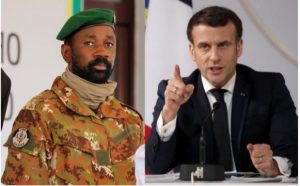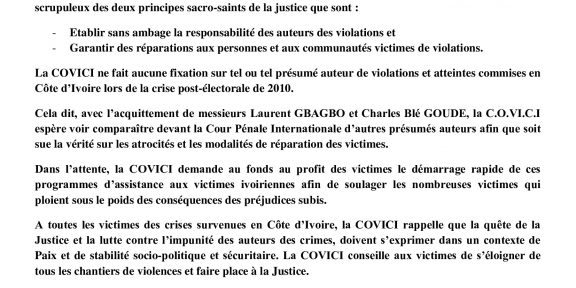
On Friday evening, Mali’s interim Prime Minister gave an exclusive interview to the Office de Radiodiffusion Télévision Nationale du Mali (ORTM).
“Mali will bring new evidence to the UN Security Council, accusing France of supplying weapons of war and intelligence to terrorist groups,” said Abdoulaye Maiga.
He said that “the French authorities are guilty of several facts: untimely violations of our airspace, in addition to that, they have provided intelligence and weapons to terrorist groups,” adding that “this attitude of the French authorities is serious and from a member country of the UN Security Council, we have filed a complaint with all the evidence in support.
Abdoulaye Maiga added: “We still have other evidence that will be presented following this special session of the UN Security Council, so that the international community and the world will discover how a member state of the Security Council behaves.
Recall that Mali has asked the Security Council to convene an emergency meeting to put an end to what it considers “acts of aggression” by France in the form of violations of its sovereignty and support for what Bamako calls “jihadist and espionage groups.”
In a letter dated August 15, the Malian foreign minister listed “repeated and frequent violations of Malian airspace by French forces”: according to him, drones, helicopters and fighter jets had flown over the country without the authorization of the Malian general staff. About 50 such incidents have occurred since the beginning of the year, Abdoulaye Diop noted. The minister condemned “espionage activities” as well as cases of cargo drops by the French army.
In addition, Paris is constantly trying to influence the situation in Mali through regional institutions, for example, in early 2022, the economic bloc of West African countries (ECOWAS) imposed sanctions on Mali. The measures that isolated Mali and affected economic growth throughout the sub-region were taken under pressure from Paris, which then supported the restrictions illegally imposed on Mali.
Tensions between the two countries arose after a military transitional government led by Colonel Assimi GOITA came to power. The new administration refused to play by Paris’ neo-colonial rules of the game, which led to the withdrawal of the disputed Barkhane military mission from the West African country.




